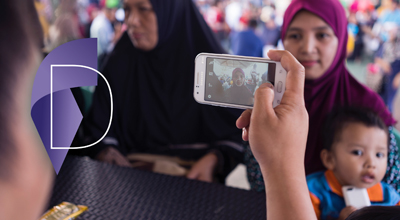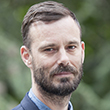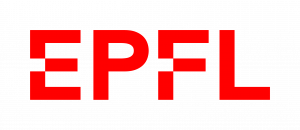The MOOC that will help humanitarian practitioners to think critically about technology and to better identify risks and opportunities when designing or implementing digital solutions.

Course Details
| Language | English |
| Duration | 6 weeks |
| Effort | 3 to 5 hours / week |
Course Sessions
| Session | DHA |
| Status | Running |
| Start | from Aug. 8, 2024 |
| Enrollment | Open |
You must sign in to enrol in or view this course session.
Description
As a humanitarian worker, are you interested in technology but feeling it should be used more responsibly? Are you worried people tend to jump on opportunities without properly considering risks? This MOOC is for you!
This course will first introduce you to the basics of technology and help you understand what happens underneath the surface when using a computer, the internet or social media. You will then dive into some more complex technologies like artificial intelligence, cryptography or distributed ledgers. Finally, you will hear experts sharing insights on how to use technology responsibly, covering topics such as accountability, ethics, the do no harm principle and inclusion.
What you will learn
This MOOC will provide you with a holistic understanding of Information and Communication Technologies (ICT) - including computers, network, privacy, cyber security and Artificial Intelligence. Ethics, accountability, humanitarian and do no harm principles, and inclusion will be explored in the context of technology. This will allow you to better assess risks and opportunities, and to make informed decisions when confronted new digital services and technologies.
Prerequisites
none
Plan
The course is structured into 6 weeks of about one to two-hour lectures:
- The ABC of digital - part 1 Infrastructures
- The ABC of digital - part 2 Solutions and data
- Security and privacy in the digital realm
- Technological trends
- Humanitarian organizations and technology
- People and technology



